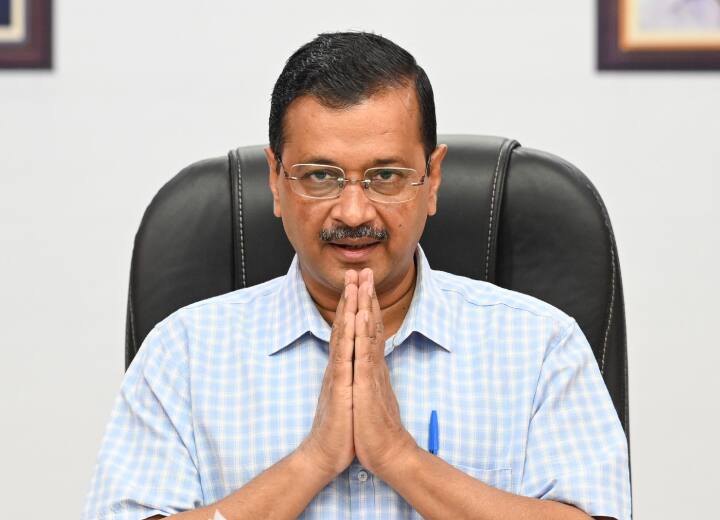The Delhi High Court has questioned Chief Minister Arvind Kejriwal regarding his failure to appear before the Enforcement Directorate (ED) in connection with a money-laundering case linked to the alleged Delhi excise policy scam. The court sought the agency’s response on Kejriwal’s plea challenging the summonses against him.
A bench led by Justice Suresh Kumar Kait, along with Justice Manoj Jain, pressed Kejriwal on why he had not responded to the summonses, emphasizing his obligation as an Indian citizen. The first summons was issued in October last year, with Kejriwal repeatedly declining to appear before the agency, denouncing the summonses as illegal.
Senior advocate Abhishek Singhvi, representing Kejriwal, assured the court that his client would comply with the ED’s summons but urged protection from coercive action due to the agency’s purported intent to arrest him, especially with elections looming.
Kejriwal’s plea to challenge the latest summons—the ninth issued by the ED—was filed in response to the call for his appearance on March 21. The court highlighted that immediate arrest is not the typical course of action for investigating agencies, as they first establish grounds for such action.
The proceedings underscore the legal battle surrounding Kejriwal’s response to the ED’s summons and the broader implications for his involvement in the alleged money-laundering case. As the case unfolds, it raises questions about the intersection of politics and legal accountability, particularly in the context of impending elections.






